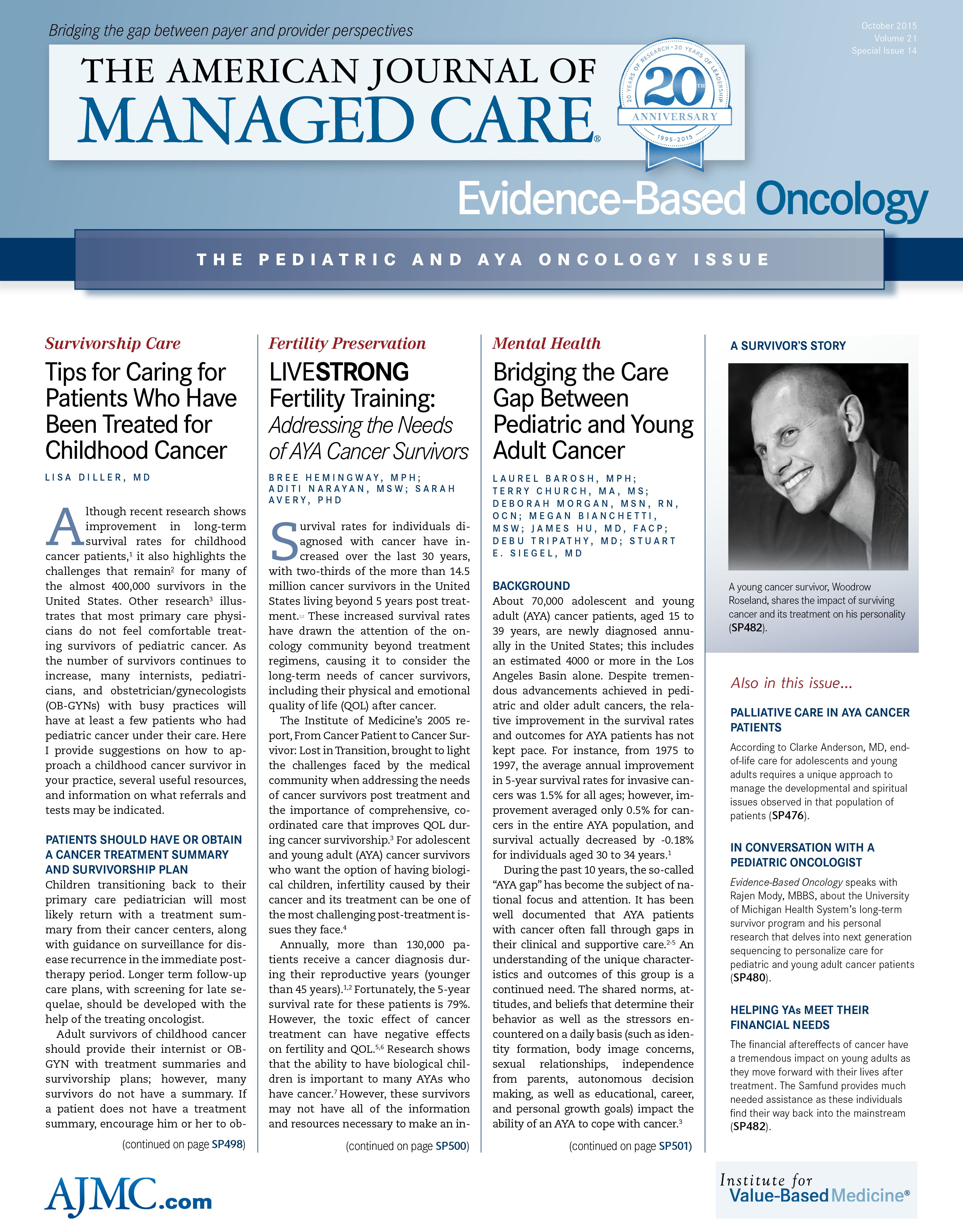- Center on Health Equity & Access
- Clinical
- Health Care Cost
- Health Care Delivery
- Insurance
- Policy
- Technology
- Value-Based Care
Sticking Up for the 340B Program
Changes in the healthcare marketplace are steadily pushing changes for physicians and specialty practices of all kinds. Blaming the 340B drug discount program is both misleading and unproductive.
The federal 340B drug discount program helps hundreds of thousands of needy Americans receive life-saving cancer treatments each year. Unfortunately, there is a lot of misinformation circulating about the growth and purpose of the program, misinformation that is creating an atmosphere of undeserved mistrust and criticism of hospitals that use 340B discounts to help treat the needy.
Here are some facts:
- There has been a cascade of hospital acquisitions of private practices across all disciplines for several reasons, including reduced reimbursements under the Medicare Modernization Act of 2003. Critics tar the 340B program as a culprit when there are no credible data showing safety-net hospitals buy private oncology practices any faster than non-340B hospitals. Physicians remain free agents as this trend proceeds, and they cite increased administrative burdens and costs for information technology as key drivers in their decisions to work for hospitals. Medicare drug costs in private practice remain considerably higher at $9.7 billion per year compared with $6.0 billion in the hospital setting.1
- Hospitals are not manipulating the program when they acquire medications for insured patients at 340B prices and bill at negotiated rates. Congress designed the program this way to enable providers to make a margin and stretch scarce resources to cover the needs of the patients they serve.2 The program helps safety-net hospitals fund clinical services as well as free and discounted drugs for underserved and uninsured patients who cannot afford to pay for oncology care. Discounted and free drugs reduce readmissions and help ensure that patients follow physician-ordered clinical regimens.
- Oncologists in a safety-net hospital provide high-quality, protocol-driven care in which the patient is the first priority. Medicare pays 340B hospitals more for oncology and other services in recognition of the continuous need for safety-net services. Private oncology physicians are not obligated to provide care to poor patients and often cannot afford to do so. Many are grateful for the services hospital clinics offer to patients who cannot pay or are underinsured. In addition, accredited hospitals must meet many other standards and requirements that add costs, which private offices do not face. Hospitals also offer a much broader range of oncology services, including advanced diagnostics, surgery, radiation therapy, infusion services, patient and family counseling, home care services, and palliative care.
- To qualify for reduced 340B drug pricing, hospitals have to certify annually that they serve a disproportionately high percentage of Medicaid and low-income Medicare patients. Overall margins at many 340B hospitals are slim to none, despite savings from 340B discounts. 340B assures that pharmaceutical companies contribute to the costs of assuring care for the poor. 340B hospitals deliver about twice as much care to Medicaid and low-income Medicare patients as other hospitals. These safety-net hospitals also provide much more uncompensated care—nearly $25 billion per year.3
The Henry Ford Health System is grateful to be able to provide care in a national system that allows our hospitals and our doctors to be blind to a patient’s economic circumstances. In 2014, we provided more than $314 million in uncompensated care. Because of 340B and other safety net programs, we are able to continue our founder’s mission to serve everyone, regardless of their ability to pay. Detroit has no public hospitals and only a handful of federally qualified health centers. Thanks in part to 340B savings, we are able to fund 4 oncology clinics and keep them open for all patients in Detroit and surrounding townships.
EBO
Changes in the healthcare marketplace are steadily pushing changes for physicians and specialty practices of all kinds. Blaming the 340B drug discount program is both misleading and unproductive. Broad-based payment reform in oncology is desperately needed, regardless of the site where that care is offered.
Robert Chapman, MD, is director of the Josephine Ford Cancer Institute at the Henry Ford Health System.References
1. Morse S. Doctors leaving private practice in droves, joining hospitals, report says. Healthcare Finance website. http://www.healthcarefinancenews.com/news/doctors-leaving-private-practice-droves-joining-hospitals-report-says. Published August 3, 2015. Accessed September 24, 2015.
2. 340B Drug Pricing Program. Health Resources and Services Administration website. http://www.hrsa.gov/opa/. Accessed September 24, 2015.
3. 340B DSH hospitals. 340BHealth website. http://www.340bhealth.org/images/uploads/340BHospitals_May2015Update.png. Accessed September 24, 2015.

Subjective and Objective Impacts of Ambulatory AI Scribes
January 8th 2026Although the vast majority of physicians using an artificial intelligence (AI) scribe perceived a reduction in documentation time, those with the most actual time savings had higher relative baseline levels of documentation time.
Read More

